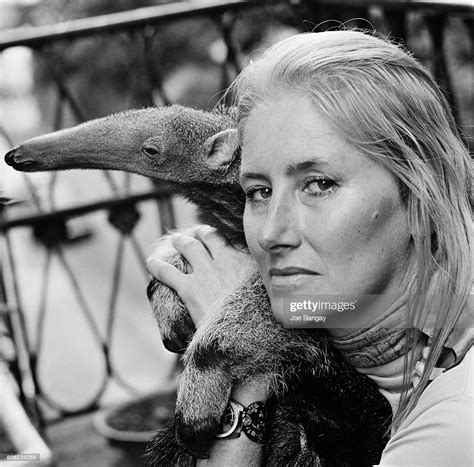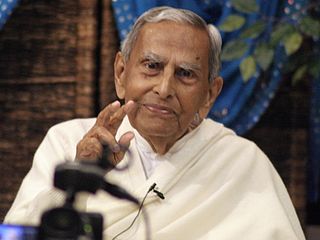A Quote by Immanuel Kant
When a thoughtful human being has overcome incentives to vice and is aware of having done his bitter duty, he finds himself in a state that could be called happiness, a state of contentment and peace of mind in which virtue is its own reward.
Related Quotes
When we speak of a calm state of mind or peace of mind, we shouldn't confuse that with an insensitive state of apathy. Having a calm or peaceful state of mind doesn't mean being spaced out or completely empty. Peace of mind or a calm state of mind is rooted in affection and compassion and is sensitive and responsive to others.
The Enemy wants to bring the man to a state of mind in which he could design the best cathedral in the world, and know it to be the best, and rejoice in the fact, without being any more (or less) or otherwise glad at having done it than he would be if it had been done by another. The Enemy wants him, in the end, to be so free from any bias in his own favour that he can rejoice in his own talents as frankly and gratefully as in his neighbour's talents--or in a sunrise, an elephant, or a waterfall.
Leadership is creating a state of mind in others. The difference between being a leader and manager, all due respect to managers, is that leaders have to create states of mind. But a leader, first of all, has to have a clear state of mind, which is usually her own vision, which energizes her, motivates others, and then creates that state of mind in others.
There exists an infinite, eternal Being, subsisting of himself, who is one without being alone; for he finds in his own essence relations whence, with the necessary movement of his life, results the absolute plenitude of his perfection and his happiness. A Being unique and complete, God suffices to himself.
Though it is only in a very imperfect state of the world's arrangements that anyone can best serve the happiness of others by the absolute sacrifice of his own, yet, so long as the world is in that imperfect state, I fully acknowledge that the readiness to make such a sacrifice is the highest virtue which can be found in man.
The State exists simply to promote and to protect the ordinary happiness of human beings in this life. A husband and wife chatting over a fire, a couple of friends having a game of darts in a pub, a man reading a book in his own room or digging in his own garden-that is what the State is there for. And unless they are helping to increase and prolong and protect such moments, all the laws, parliaments, armies, courts, police, economics, etc., are simply a waste of time.
Happiness, true happiness, is an inner quality. It is a state of mind. If your mind is at peace, you are happy. If your mind is at peace, but you have nothing else, you can be happy. If you have everything the world can give - pleasure, possessions, power - but lack peace of mind, you can never be happy.







































